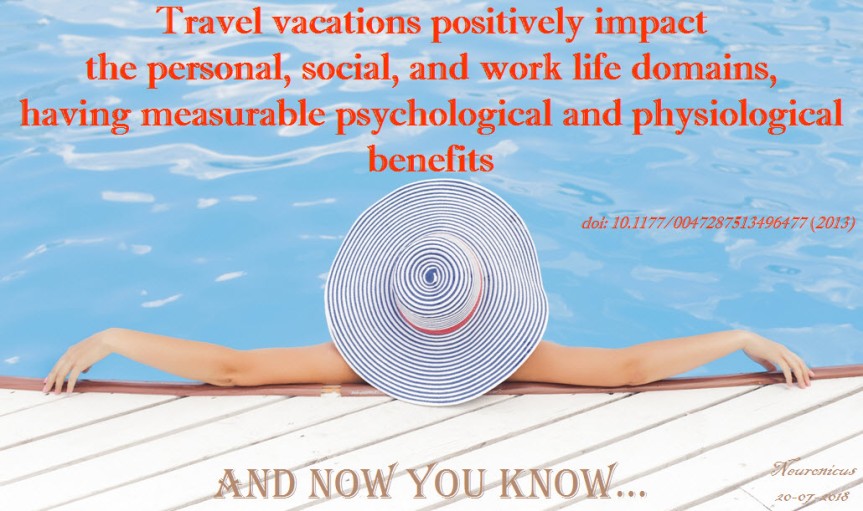My prolonged Internet absence from the last month or so was due to a prolonged vacation. In Europe. Which I loved. Both the vacation and the Europe. Y’all, people, young and old, listen to me: do not neglect vacations for they strengthen the body, nourish the soul, and embolden the spirit.
More pragmatically, vacations lower the stress level. Yes, even the stressful vacations lower the stress level, because the acute stress effects of “My room is not ready yet” / “Jimmy puked in the car” / “Airline lost my luggage” are temporary and physiologically different from the chronic stress effects of “I’ll lose my job if I don’t meet these deadlines” / “I hate my job but I can’t quit because I need health insurance” / “I’m worried for my child’s safety” / “My kids will suffer if I get a divorce” / “I can’t make the rent this month”.
Chronic stress results in a whole slew of real nasties, like cognitive, learning, and memory impairments, behavioral changes, issues with impulse control, immune system problems, weight gain, cardiovascular disease and so on and so on and so on. Even death. As I told my students countless of times, chronic stress to the body is as real and physical as a punch in the stomach but far more dangerous. So take a vacation as often as you can. Even a few days of total disconnect help tremendously.
There are literally thousands of peer-reviewed papers out there that describe the ways in which stress produces all those bad things, but not so many papers about the effects of vacations. I suspect this is due to the inherent difficulty in accounting for the countless environmental variables that can influence one’s vacation and its outcomes, whereas identifying and characterizing stressors is much easier. In other words, lack of experimental control leads to paucity of good data. Nevertheless, from this paucity, Chen & Petrick (2013) carefully selected 98 papers from both academic and nonacademic publications about the benefits of travel vacations.
These are my take-home bullet-points:
- vacation effects last no more than a month
- vacations reduce both the subjective perception of stress and the objective measurement of it (salivary cortisol)
- people feel happier after taking a vacation
- there are some people who do not relax in a vacation, presumably because they cannot ‘detach’ themselves from the stressors in their everyday life (long story here why some people can’t let go of problems)
- vacations lower the occurrence of cardiovascular disease
- vacations decrease work-related stress, work absenteeism, & work burnout
- vacations increase job performance
- the more you do on a vacation the better you feel, particularly if you’re older
- you benefit more if you do new things or go to new places instead of just staying home
- vacations increase overall life satisfaction
Happy vacationing!

REFERENCE: Chen, C-C & Petrick, JF (Nov. 2013, Epub 17 Jul. 2013). Health and Wellness Benefits of Travel Experiences: A Literature Review, Journal of Travel Research, 52(6):709-719. doi: 10.1177/0047287513496477. ARTICLE | FULLTEXT PDF via ResearchGate.
By Neuronicus, 20 July 2018


 The paper I feature today is not an experimental study, but an editorial written as a short review (5 pages). A not very good one, I’m afraid.
The paper I feature today is not an experimental study, but an editorial written as a short review (5 pages). A not very good one, I’m afraid.